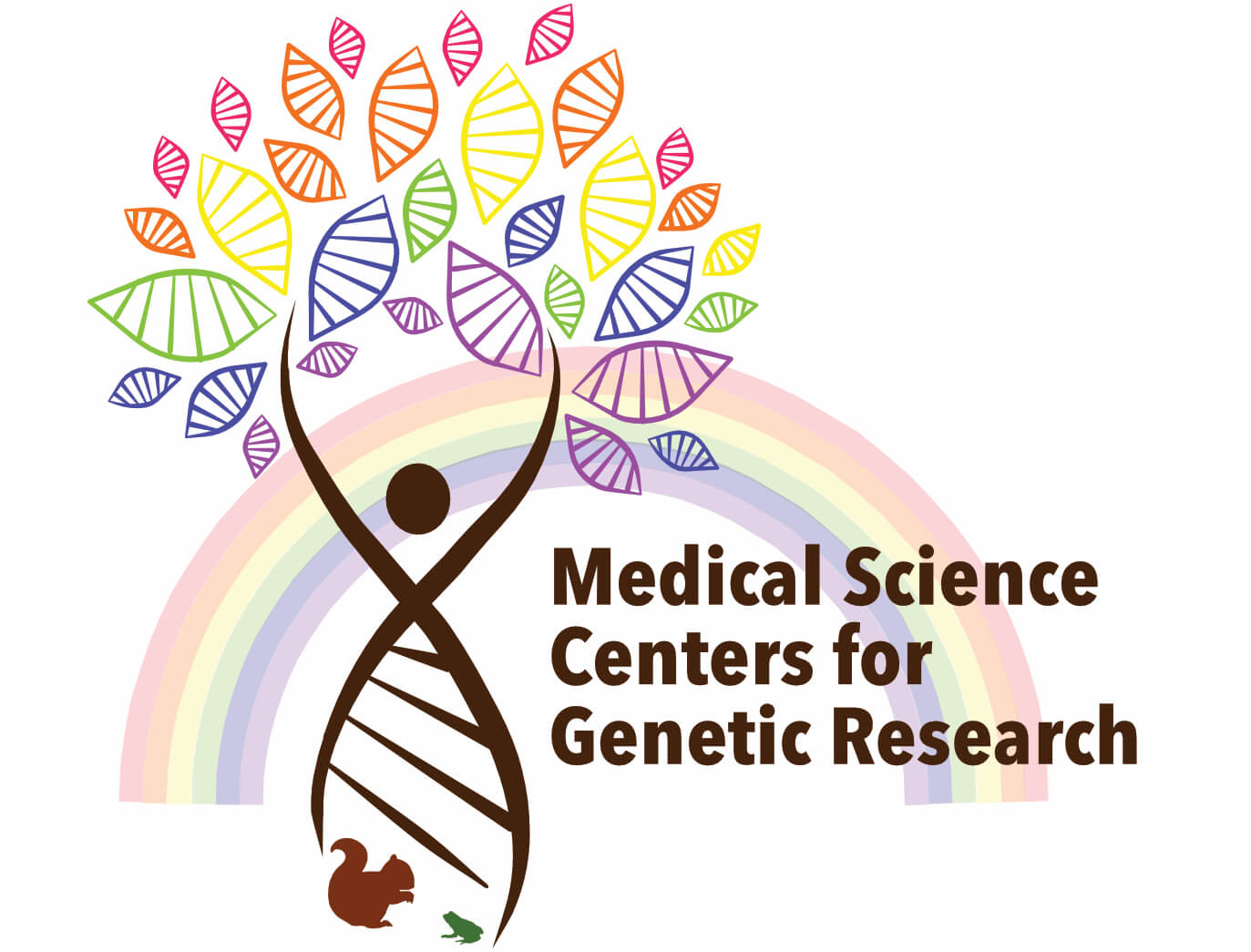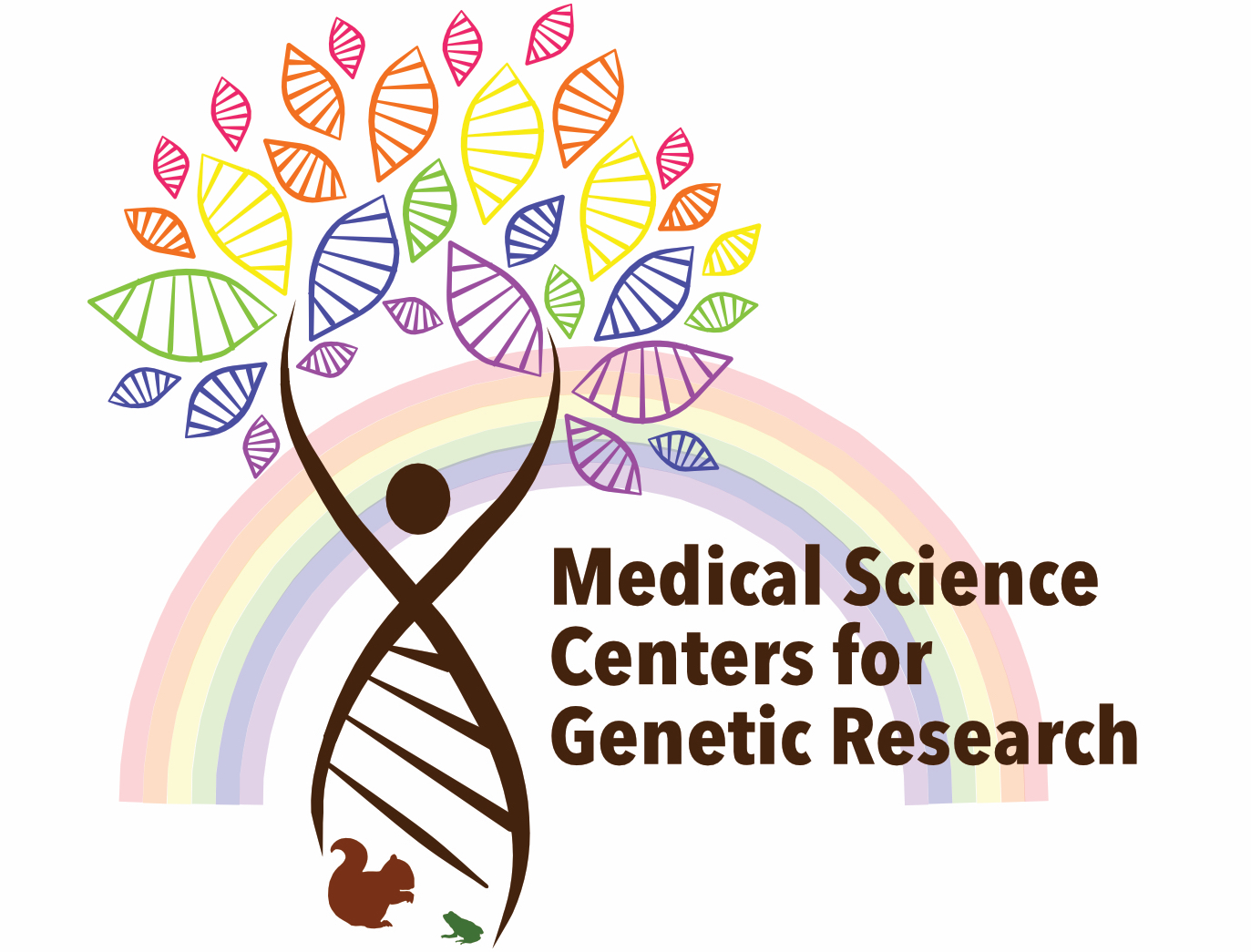How will Pharmacogenomics benefit YOU?
PGX testing will provide a comprehensive report based on an individual patient’s genetic makeup that will indicate metabolic rates for defined medications. This information will help clinicians prescribe the right drug at the right dose based on your DNA profile.
What exactly is Pharmacogenomic testing?
In essence, it involves taking a sample of the patient’s DNA to analyze how their body will respond to certain medical treatments, such as cardiology, pain relief, and psychiatric medications.
For instance, patients with particular genetic mutations may experience a higher or lower metabolism while taking certain drugs. Our pharmacogenomics testing checks for a huge number of different conditions, as well as accurately predicting the risks of the patient developing additional conditions such as thrombophilia or dyslipidemia.
We take the utmost care when handling patient samples, and they are all tested by top scientists at our highly advanced medical laboratory. Once the results are in, we then compile them into an in-depth yet easily understandable report, so that you have access to all the information you need and can also share the results with your doctor to ensure you are on the right medications and dosages.
What is a drug interaction?
Medicines can sometimes influence each other inside the body, producing an increased effect, extra side effects, or decreased effectiveness of one or more of the drugs. This is called a drug interaction. Drug interactions happen when two or more medicines react with each other to cause unwanted effects. This kind of interaction can also cause one medicine to not work as well or even make one medicine stronger than it should be. For example, you should not take aspirin if you are taking a prescription blood thinner, such as Warfarin, unless your health care professional tells you to.
Aging and Health: You and Your Medicines
It is important to know about your medicines to avoid possible problems. As you get older you may be faced with more health conditions that you need to treat on a regular basis. It is important to be aware that more use of medicines and normal body changes caused by aging can increase the chance of unwanted or maybe even harmful drug interactions.
The more you know about your medicines and the more you talk with your health care professionals, the easier it is to avoid problems with medicines.
As you age, body changes can affect the way medicines are absorbed and used. For example, changes in the digestive system can affect how fast medicines enter the bloodstream. Changes in body weight can influence the amount of medicine you need to take and how long it stays in your body. The circulation system may slow down, which can affect how fast drugs get to the liver and kidneys. The liver and kidneys also may work more slowly affecting the way a drug breaks down and is removed from the body.
Mixing Medications and Dietary Supplements Can Endanger Your Health
When you take prescription or over-the-counter (OTC) medications, do you take also a vitamin, mineral, or other dietary supplements? Have you considered whether there is any danger in mixing medications and dietary supplements? There could be.
Consequently, combining dietary supplements and medications could have dangerous and even life-threatening effects.
Find out if the medications you are currently taking are right for you!

